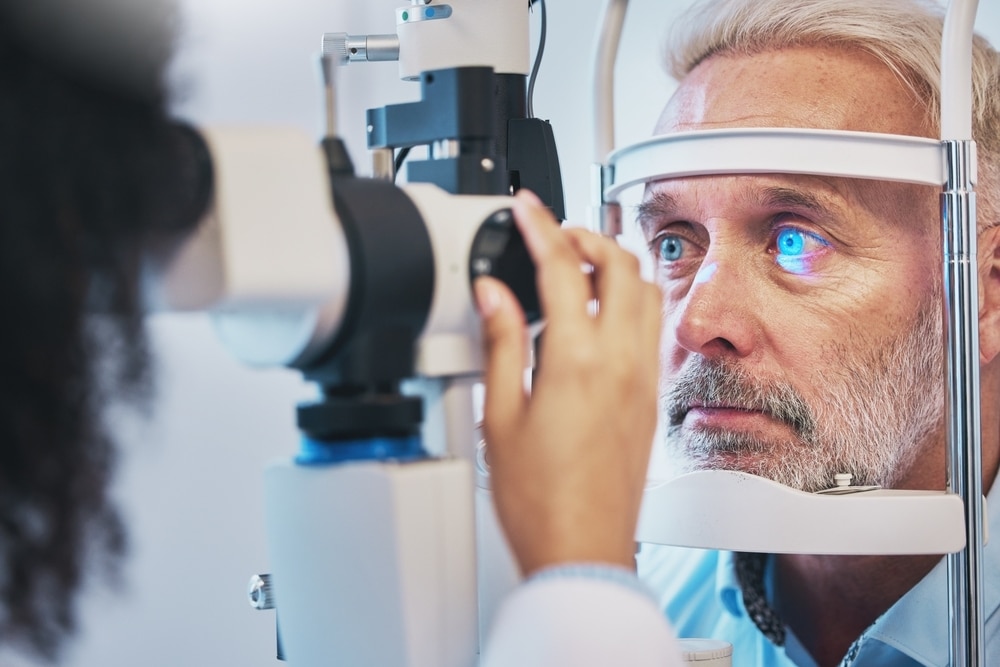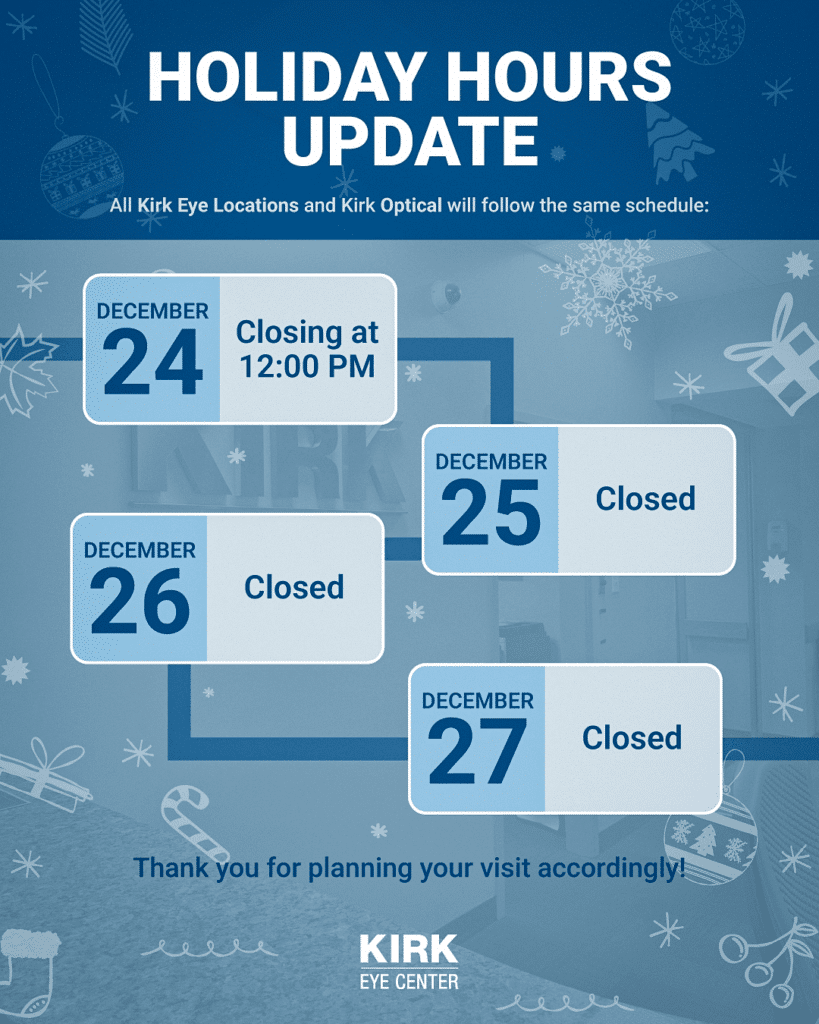
Cataract surgery is one of the most common and successful procedures performed today, helping millions of people restore their vision each year. Preparing for any surgery can feel overwhelming, which is why it’s good to come prepared to your appointment with questions.
Having an open dialogue with your surgeon not only helps ease anxiety but also ensures you have realistic expectations and understand every aspect of your care. Keep reading to learn five questions to ask your surgeon before you have cataract surgery!
1. What Should I Know About My Specific Cataract Condition?
Understanding your unique situation is the foundation of good surgical planning. Your surgeon should explain not just that you have cataracts, but how advanced they are and how they’re specifically affecting your daily life.
Ask your surgeon to describe the severity of your cataracts and whether they’re affecting one or both eyes equally. This information helps you understand the urgency of treatment and whether you might need surgery on both eyes or can address them one at a time.
It’s also important to discuss how your cataracts are impacting your vision beyond just blurriness. Are you experiencing increased glare sensitivity, difficulty with night driving, or problems with color perception?
Your surgeon can explain how these symptoms relate to your specific type of cataract and what improvements you can realistically expect after surgery. Additionally, ask about any other eye conditions you might have, such as glaucoma or macular degeneration, as these can affect both your surgical approach and expected outcomes.
2. How Do I Choose the Right Intraocular Lens for My Lifestyle?
One of the most important decisions you’ll make is selecting the type of intraocular lens (IOL) that will replace your natural lens. This choice significantly impacts your vision quality and daily activities after surgery.
Your surgeon should explain the differences between monofocal, multifocal, and toric lenses, helping you understand which option best suits your lifestyle and visual needs.

Monofocal lenses provide excellent vision at one distance, typically set for distance vision, meaning you’ll likely need reading glasses for close work.
Multifocal lenses can provide good vision at multiple distances, potentially reducing your dependence on glasses, though some patients experience halos or glare around lights.
Toric lenses are specifically designed to correct astigmatism and can be combined with other lens technologies.
Light Adjustable Lens (LAL) is another innovative option that allows your surgeon to fine-tune your vision after surgery using light treatments. This technology enables precise adjustments to be made weeks after the initial procedure, potentially optimizing your visual outcomes based on your actual healing response.
Consider discussing your daily activities in detail with your surgeon. Are you an avid reader, do you spend significant time on computers, or do you have hobbies that require precise near vision?
Do you drive frequently at night or participate in outdoor activities? Your surgeon can help match lens technology to your specific visual demands and explain any trade-offs involved with each option.
3. What Should I Expect During Recovery and How Can I Optimize Healing?

Recovery expectations vary from person to person, but your surgeon should provide a realistic timeline for your healing process. Most patients notice improved vision within a few days, but complete healing can take several weeks.
Ask about activity restrictions during recovery, including when you can resume driving, exercising, and returning to work. Understanding proper post-operative care is crucial for a smooth recovery.
Your surgeon will prescribe eye drops to prevent infection and reduce inflammation, and it’s important to understand the proper technique for administering these medications. Ask about signs of complications that warrant immediate attention, such as severe pain, sudden vision loss, or signs of infection like increased redness or discharge.
Discuss when you’ll have follow-up appointments and what will be evaluated during these visits.
4. Are There Any Lifestyle Factors I Should Consider Before Surgery?
Several lifestyle factors can impact your surgical experience and outcomes. If you take medications, particularly blood thinners, discuss with your surgeon whether any adjustments are needed before surgery. Some medications may need to be temporarily stopped or modified, but never make changes without your surgeon’s guidance.
Your overall health plays a role in surgical outcomes, so be honest about any medical conditions you have. Diabetes, autoimmune conditions, and certain medications can affect healing, but these don’t necessarily prevent you from having successful surgery.
Your surgeon may coordinate with your other healthcare providers to ensure optimal conditions for your procedure.
5. How Do I Prepare for the Day of Surgery?
Preparation for surgery day helps ensure everything goes smoothly and reduces anxiety. Ask your surgeon about pre-operative instructions, including when to stop eating and drinking before surgery.
You’ll also need to arrange for transportation, as you won’t be able to drive immediately after the procedure. Understand what to expect on the day of surgery, including how long you’ll be at the surgical center and what the actual procedure involves.
Most cataract surgeries take less than 30 minutes, and you’ll be able to go home the same day. Ask about pain management and what level of discomfort is normal after surgery.
Taking the time to ask these important questions ensures you’re well-prepared for your cataract surgery journey. At Kirk Eye Center, we’re committed to providing comprehensive information and personalized care to help you achieve the best possible outcomes. Remember, no question is too small when it comes to your vision and eye health.
Ready to Discuss Your Cataract Surgery Options?
Don’t let cataracts continue to impact your quality of life. The experienced team at Kirk Eye Center in Chicago is here to guide you through every step of your cataract surgery journey with personalized care and cutting-edge technology.
Schedule your comprehensive cataract consultation at Kirk Eye Center in one of our convenient Chicago locations!


